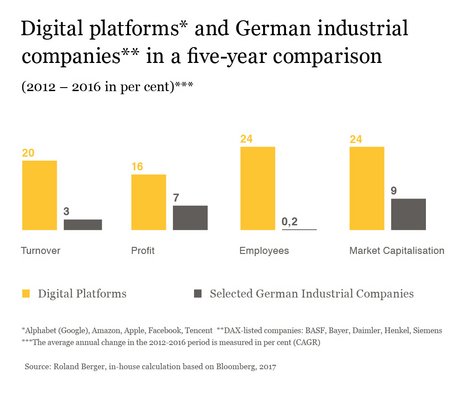 PHOTOMORPHIC PTE. LTD.
PHOTOMORPHIC PTE. LTD.
The changing world of work – workers’ need for protection stays the same
ed* No. 01/2018 – Chapter 4
Even if it is clear that the number of click workers will increase in the future, it is currently difficult to estimate how significant this growth will be. There are already discussions regarding how to ensure new workers in this world of world have adequate social protection. A study commissioned by the EU Commission on access to social protection for people in non-standard employment and self-employment concluded that gaps exist for both groups.1
Generally speaking, people in non-standard employment have formal access to social protection in the same way as workers in standard employment. However, a major exception to this is seen in certain forms of work such as casual work, seasonal work, temp work, on-demand work and zero-hour contracts. As is also the case for self-employed persons, people in these forms of work are either completely excluded from accessing social protection or can only voluntarily enter major social insurance schemes such as health insurance, unemployment insurance and occupational/accident insurance.

The situation is different for the self-employed, for whom there are significant differences between the Member States in terms of formal protection. Typically, there is formal coverage for benefits that are funded through taxation and not insurance (e.g. family benefits) and for certain means-tested benefits (e.g. social assistance or basic old-age pension) which are provided regardless of the form of employment. However, self-employed persons may be excluded from certain contribution-funded insurance benefits and the rules regarding voluntarily taking out insurance vary from system to system.
In addition, workers in non-standard employment and self-employment often do not meet the eligibility re-quirements for accessing the benefits provided by social insurance systems, for example due to irregular contributions. But a person’s financial situation can also be a hurdle because a low or irregular income can lead to a lack of protection against certain social risks and be a burden on state welfare systems.

